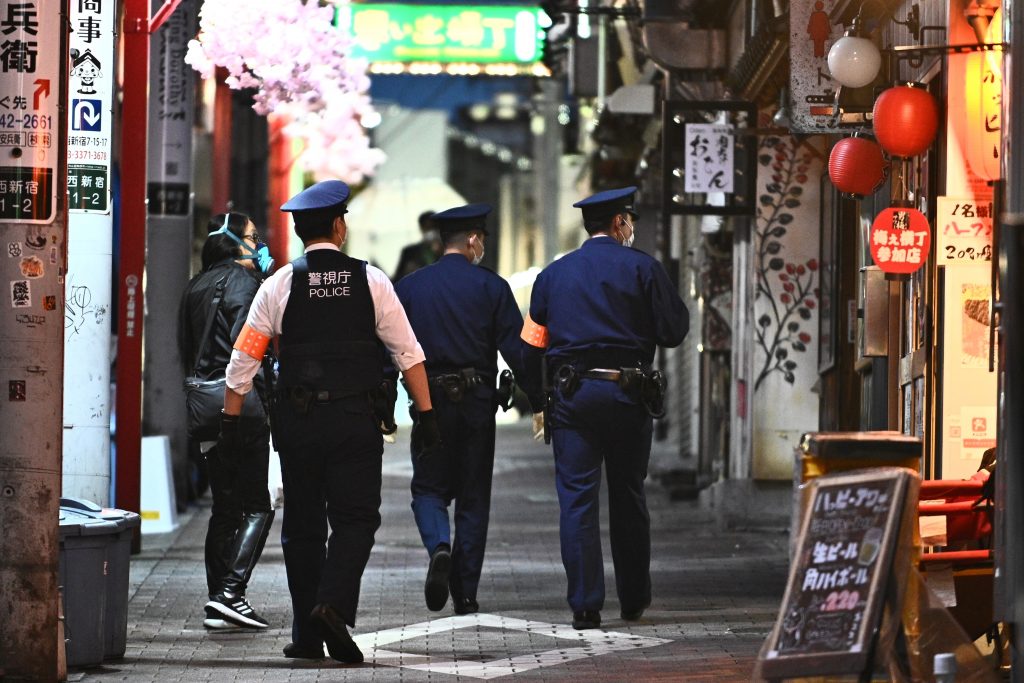
- ARAB NEWS
- 31 Jul 2025

TOKYO: Some 850,000 people in Japan would become severely ill with COVID-19 and half of them would die if no social-distancing or other measures were taken, according to an expert estimate published Wednesday.
The estimate was made by Hiroshi Nishiura, an epidemiologist at Hokkaido
University who is on the health ministry's coronavirus infection cluster response team.
"The estimate is for a situation in which no precautionary measures are taken against the novel virus," Nishiura said. "If we drastically limit interactions, we can stop the spread of this virus."
He said that the virus can be contained in about a month by reducing physical contact between people by 80 percent.
The estimate assumes that coronavirus infections will continue increasing rapidly until many of the country's population become infected to build up so-called herd immunity.
In the estimate, Nishiura put the basic reproduction number, or the average number of people to whom an infected person passes the virus, at 2.5 based on cases in foreign countries.
He defined severe cases as those needing respirators or other treatment to manage patients' breathing.
According to the estimate, Japan would see 201,301 severe cases between the ages of 15 and 64 and 652,066 severe patients aged 65 or older. The total is 853,367 cases.
The estimate also showed that some 418,000 people, or about 49 pct of the total severely ill patients, would die as a result.
If human-to-human contact decreases only 65 pct, it would take 70 days to curb infections sufficiently, Nishiura said.
Japan has not seen enough decrease yet since Prime Minister Shinzo Abe declared a state of emergency in Tokyo and six other prefectures April 7, Nishiura said, warning that the current situation is "very dangerous."
Nightclubs and other places where infection risks are considered high have suspended business in line with local government requests, but physical interactions among citizens related to corporate activities have not decreased enough, according to Nishiura.
"I'm concerned about the current situation in which many people go to work just as usual," he said.
He said he wants the public to try harder to avoid face-to-face contact at restaurants and the use of trains.
JIJI Press